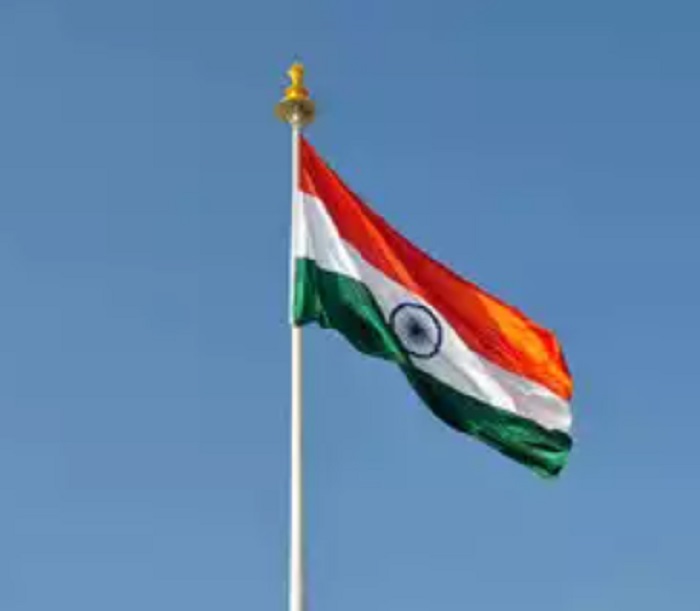
India’s Chairmanship of the Shanghai Cooperation Organization is culminating in a summit on July 4. This is of historical significance for both India and the SCO. Because for the first time India has led this dynamically developing international structure, thereby starting a cycle of chairmanship with the participation of its new member states within the framework of the SCO, Uzbek Ambassador to India Dilshod Akhatov has told ET.
Ahead of the Shanghai Cooperation Organisation (SCO) summit next week, the Uzbekistan Ambassador to India Dilshod Akhatov has said that Tashkent supports events and initiatives under India’s SCO presidency.
Speaking to WION’s diplomatic correspondent Sidhant Sibal, ambassador Akhatov said, “The ongoing Indian Presidency of the SCO has shown that the Organisation is transforming into one of cultural-humanitarian and transport-economic cooperation.” India became a member of the grouping in 2017, and for the first time is chairing the group. It will be holding a virtual summit of the grouping on July 4.
The ambassador explained that SCO is a “key platform for India’s interaction with Central Asia” and added, “SCO is a key platform for India’s interaction with Central Asia.”
Iran will become a full member of the grouping during this year’s summit. Uzbekistan was the previous chair of the grouping and hosted the summit in Samarkand in September of 2022.
India, during its Presidency, also paid special attention to promoting partnerships in various fields, building trust and cooperation among the members of the Organization. International events under the Indian Chairmanship, in their essence and content, covered all key areas of relations between the countries of the region: economy, tourism, education, science, medicine, culture, etc. I remember well such events as the SCO Film Festival, SCO Cultural Showcase at the Surajkund Mela, the International Fusion Music Festival, conferences of young scientists, specialists in traditional medicine, discussion of start-up projects and much more. Tashkent supports India’s initiatives put forward during these events. In general, the ongoing Indian presidency of the SCO has shown that the Organization is transforming into cultural-humanitarian and transport-economic cooperation. This approach undoubtedly serves to bring the SCO Member States closer together, reinforce mutual trust and respect with partner countries, and to ease tensions and build good neighbourly relations between countries with which they have clashes of interest. This approach will remain on the foreign policy agenda of the SCO Member States in the near future. First time, India has led this dynamically developing international structure, thereby starting a cycle of chairmanship with the participation of its new member states within the framework of the SCO. (ET)
